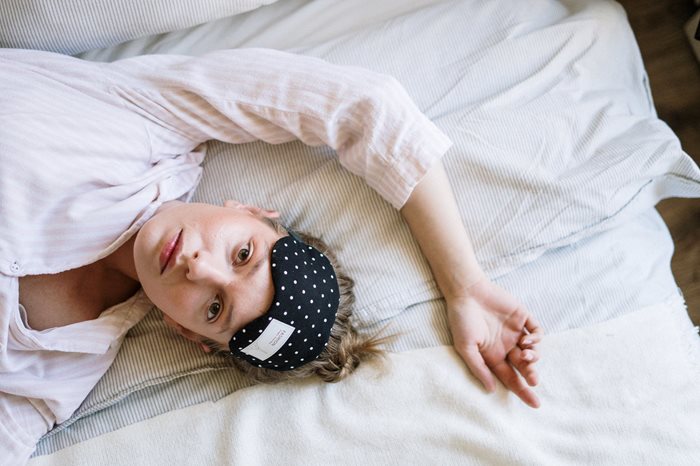Occupational Therapy Institute
Five Simple Ways to Improve Quality of Sleep
Get Regular Exercise
- Regular exercise can help reduce sleep onset - the amount of time it takes to fall asleep. By decreasing the amount of time you lie awake in bed before falling asleep, you can increase the amount and quality of your sleep.
 Avoid Going to Bed on an Empty or Full Stomach
Avoid Going to Bed on an Empty or Full Stomach
- An empty or full stomach can affect blood sugar levels and increase mental alertness, making it difficult to fall asleep. Try to go to bed feeling comfortable by not snacking 1-2 hours before bed.
Avoid Caffeine, Alcohol and Nicotine Two Hours Before Bed
- Caffeine and nicotine are classified as stimulants that speed up messages sent between the brain and body. Additionally, the sugar in alcohol can have a stimulating effect as it is broken down. Ingesting these too close to bedtime can make it extremely difficult to fall asleep.
- Additionally, avoid drinking liquids 1-2 hours before bed to avoid frequent trips to the bathroom during the night. Both caffeine-containing beverages and water can increase the need to urinate.
Use the Bedroom Primarily for Sleeping
- Completing work or stressful tasks in the bedroom during the day can disrupt the peace felt in the room at night.
- Make the bedroom a safe space that is quiet, dark at night, well-ventilated and set to a comfortable temperature.
Relax Before Bed
- Try taking a bath, meditating, listening to soothing music or deep breathing before bed to boost sleep time and quality.
- If you cannot fall asleep within 20 minutes of going bed, get out of bed and try a relaxing activity until you are drowsy. Then, try falling asleep in bed again.
Email us at OTI@salus.edu for additional resources and more quick tips!